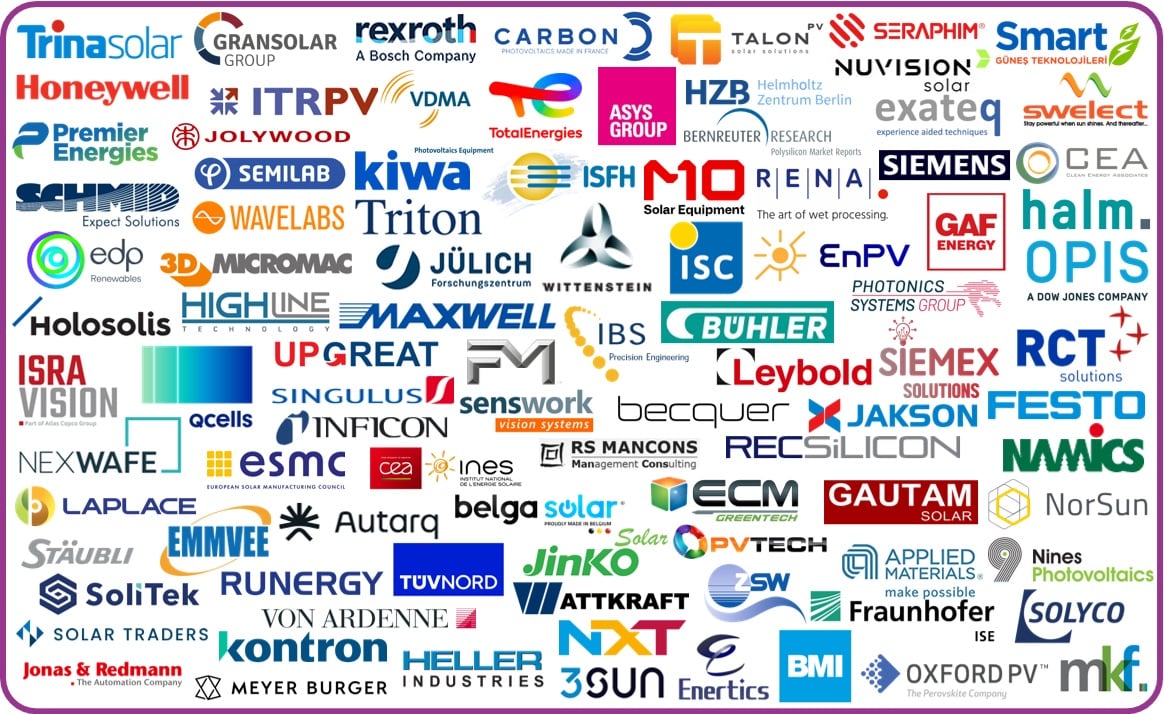PV cell technology is going through a rapid period of change, with n-type cell architectures set to dominate global production in 2026. PV CellTech Europe 2026 – held for the third consecutive year in Frankfurt, Germany, on 10-11 March 2026 – will focus on the progress of n-type mass production, in particular across the three leading technologies here: TOPCon, heterojunction and back-contact.
Investment levels have been at record highs globally for new n-type cell capacity during the past couple of years. Now, the industry needs to understand where each n-type technology has reached in mass production; and the challenges remaining in delivering efficiency potential, high yield optimization and low-cost manufacturing metrics.
PV CellTech Europe 2026 will hear from the leading cell producers today across each of the TOPCon, heterojunction and back-contact variants. What are their technology roadmaps going into 2027? How close are production efficiencies to record R&D levels? When do we expect efficiencies gains to be fully optimized?
With 2026 likely to see the green shoots of PV manufacturing recovery – the conference will take a close look at the upstream segment of the c-Si value chain; polysilicon and wafers. Here, we will seek to understand how much new polysilicon is due to come online in China during 2026 and 2027, and the prospects for polysilicon production growth outside China.
The conference will also feature regular agenda highlights, by way of invited keynote talks. What new production equipment is being released shortly? How does this help opex and capex for new production lines? Are there any new R&D breakthroughs about to be transferred into mass production? Where is the PV technology roadmap heading for by 2030? What should end-users be aware of now, that may affect end-market installations 2-3 years down the line? Is investing in a new PV manufacturing company a wise move today? Where is the next big thing, in terms of technology disruption? Can we expect to move in volume beyond the single-junction before 2030?
The industry is moving at a blistering pace still; attending PV CellTech Europe 2026 should allow a thorough understanding of what’s real and what’s fantasy, where important changes are set to occur in PV manufacturing and technology moving forward, and who the key stakeholders driving this in 2027 and beyond are.
